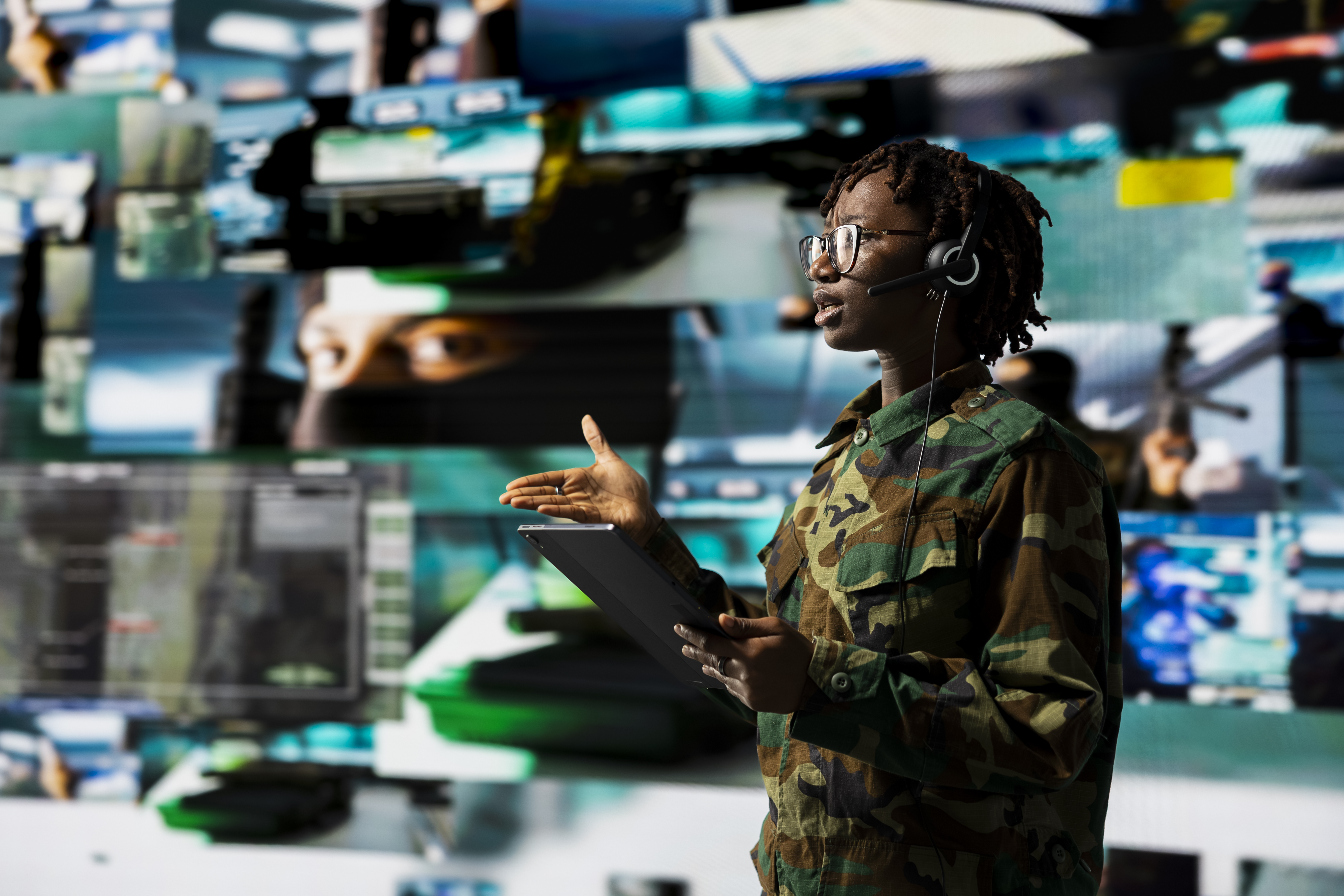A video circulating online, purported to show a US military officer announcing that the United States would take control of the Nigerian Army, is false.
Independent analysis has revealed that the clip was likely generated or heavily manipulated using AI, and no official announcement or credible source supports this claim.
Fact-checkers used AI-detection tools and found high levels of manipulation, and investigations uncovered inconsistencies in uniform insignia and microphones linked to non-existent media outlets. No verified reports indicate that US military forces are intervening in Nigerian defence operations.
The false claim has spread on platforms including X (formerly Twitter), generating alarm and misinterpretation about foreign military involvement in Nigeria.
Experts warn that deepfakes and AI-generated misinformation are becoming harder to spot without specialised tools and verification.
Would you like to learn more about AI, tech and digital diplomacy? If so, ask our Diplo chatbot!








